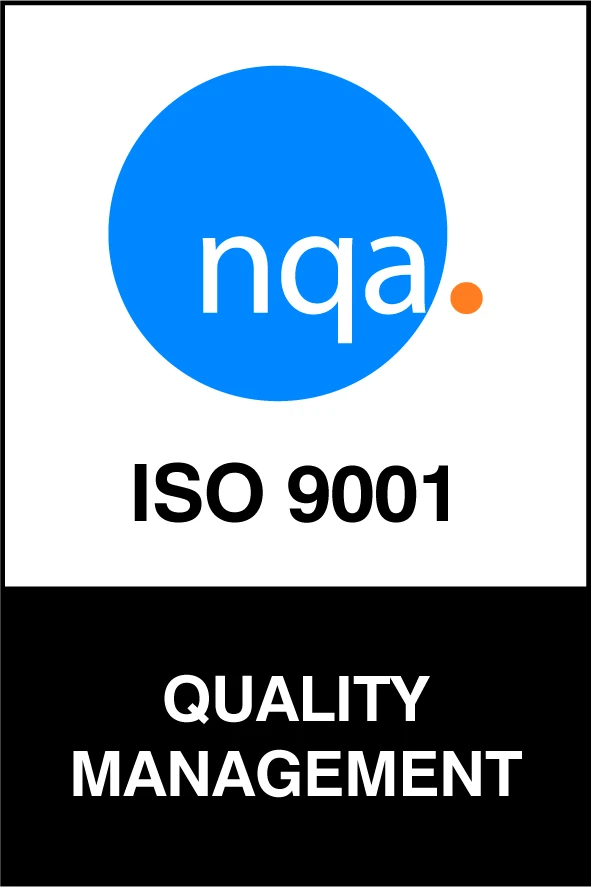Marco Rubber & Plastics is an industry leader in custom sealing solutions that go beyond the limits of catalog commodities. Since 1980, our solutions have delivered reliable, long-lasting success for customers worldwide. We offer the largest inventory of specialty and standard sealing solutions backed by best-in-class technology, service and support.
Copyright 2026 Marco Rubber and Plastics. All Rights Reserved.
